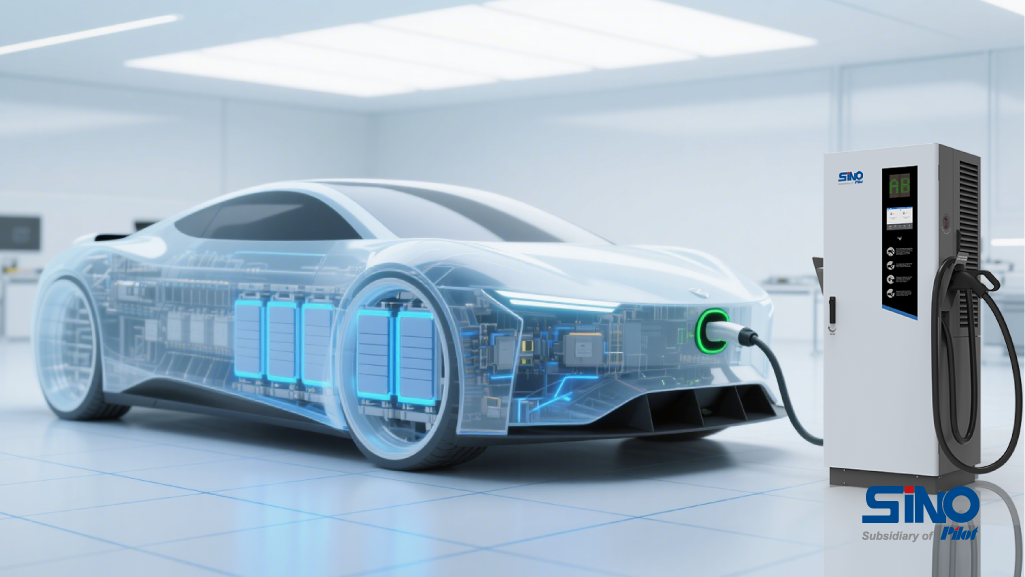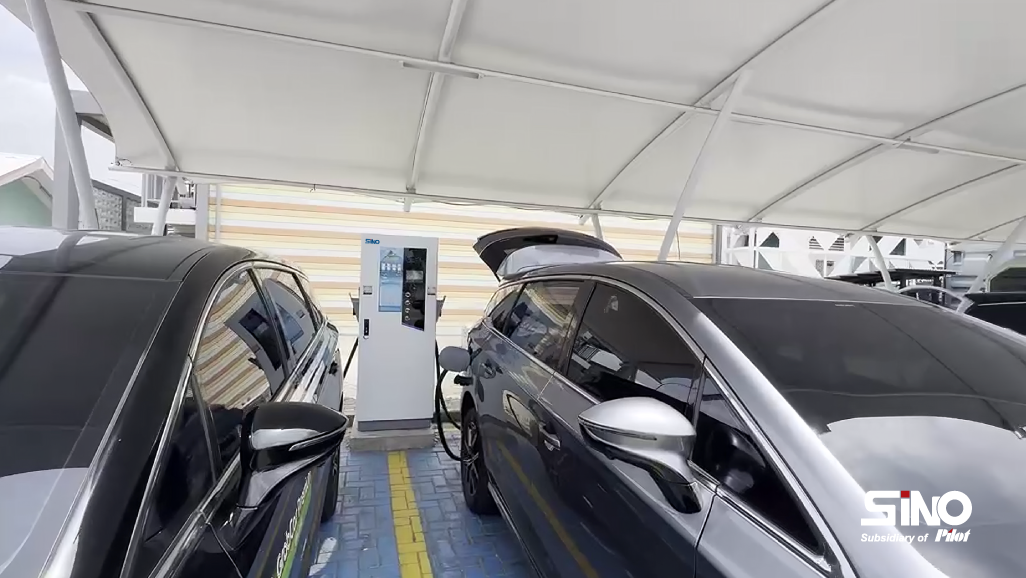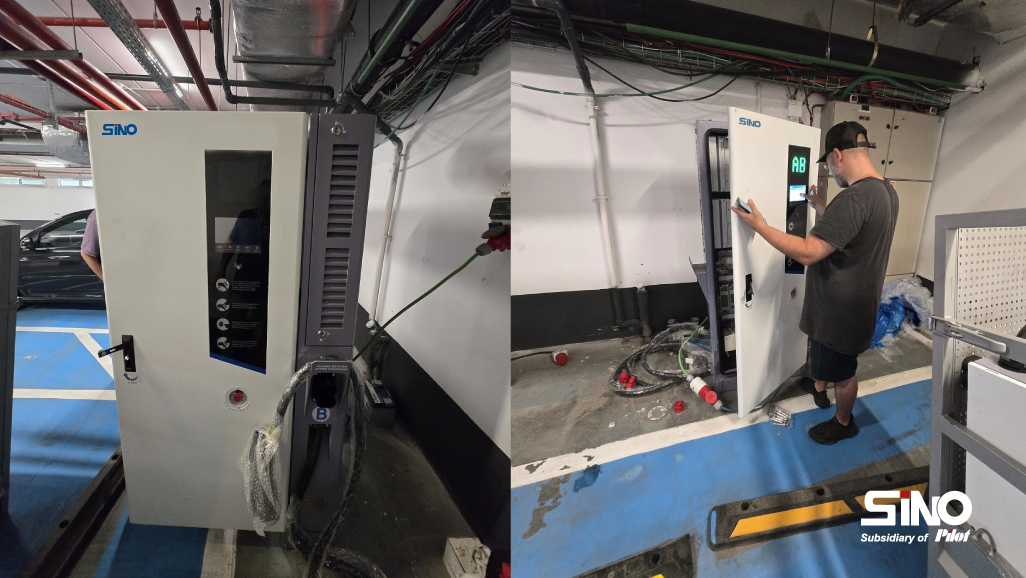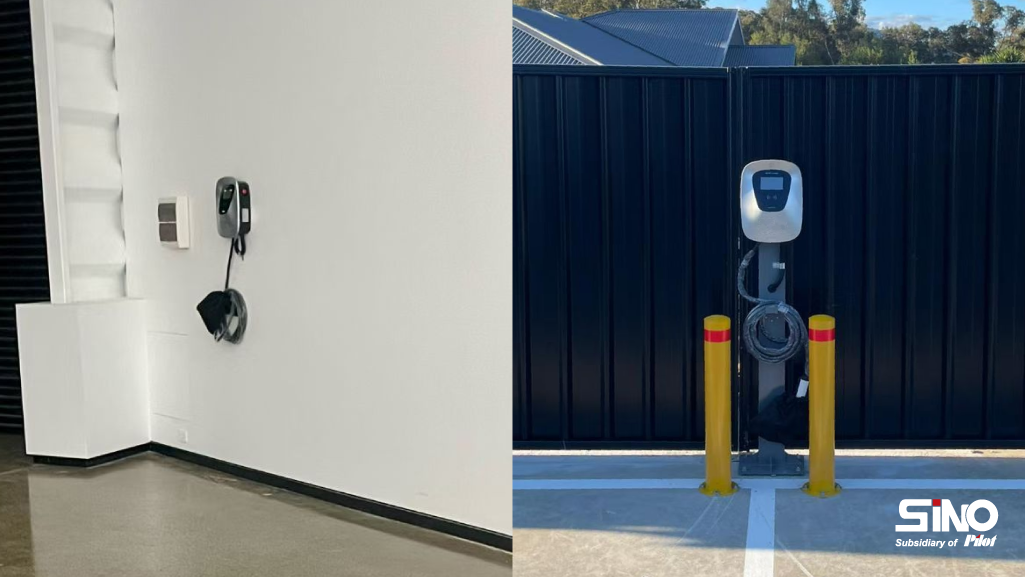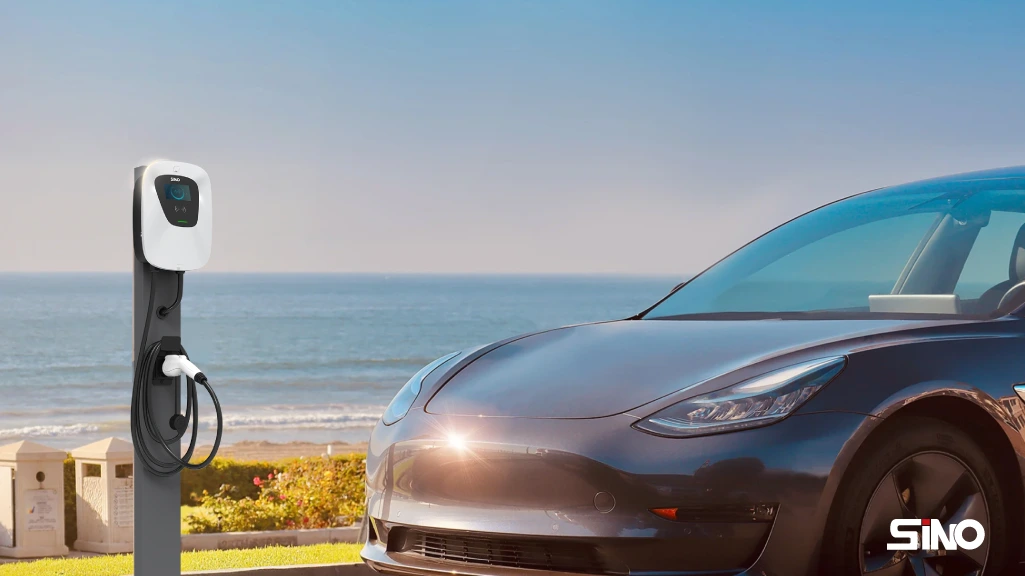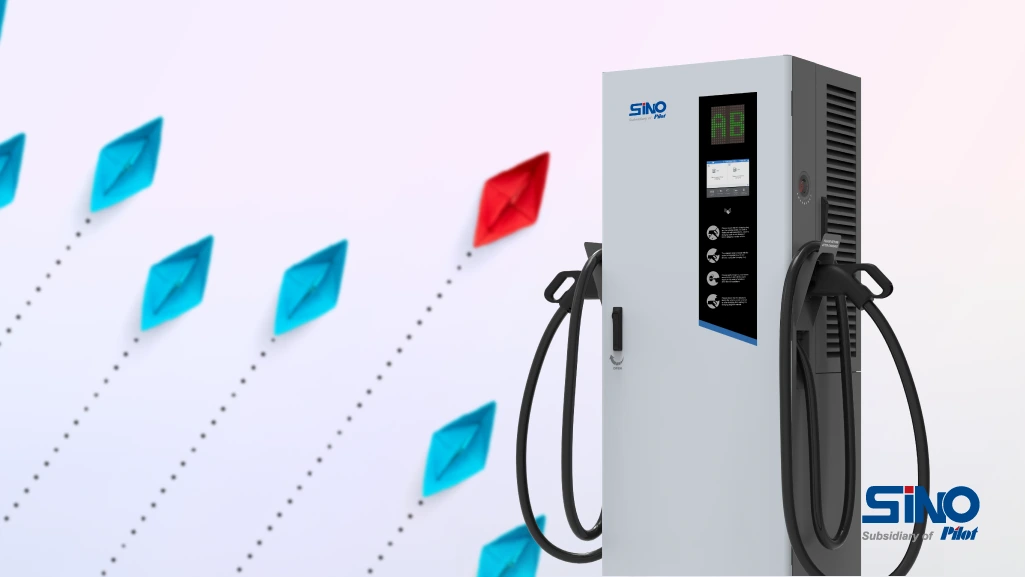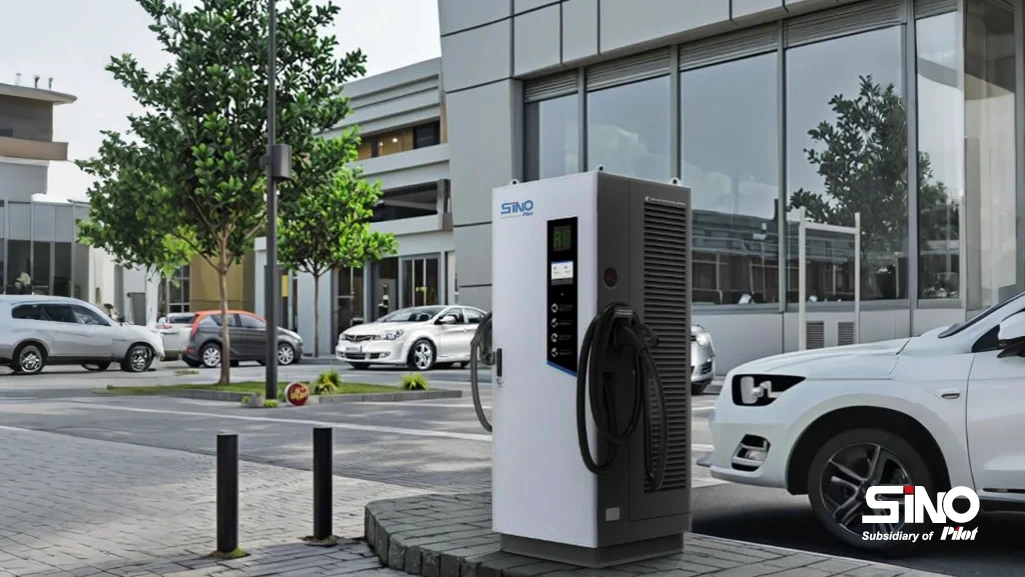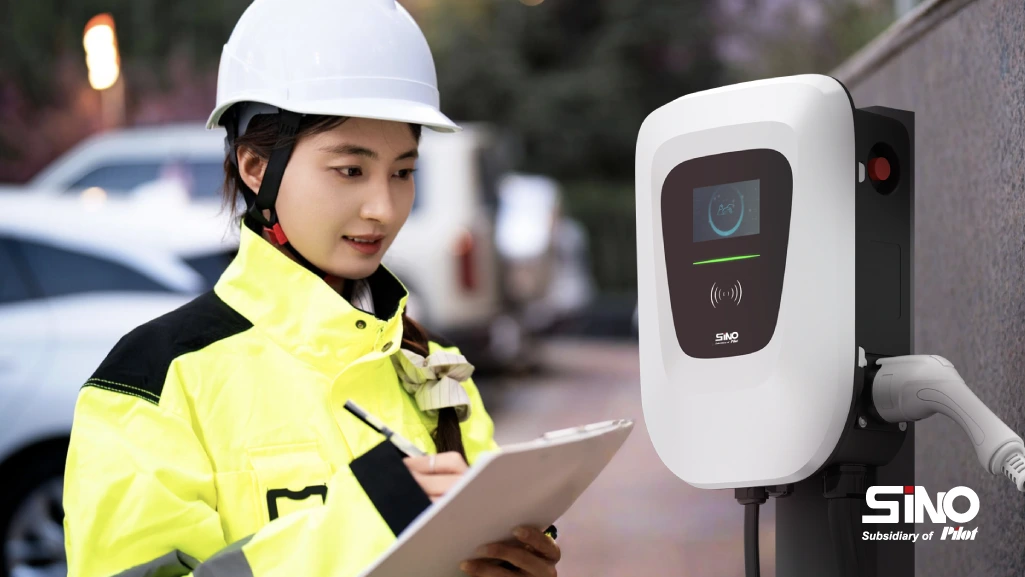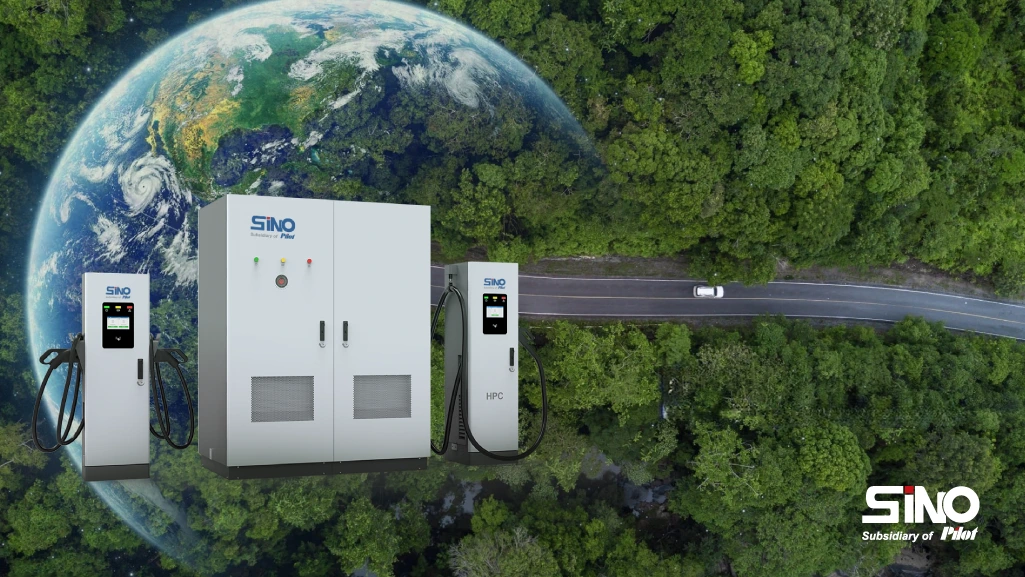As electric vehicles (EVs) become increasingly popular, concerns about their charging methods are growing. One common question is, “Is it harmful to your EV battery when charging your EV with a DC fast charger?” Let’s dive into this topic to find out.
How Does DC Fast Charging Work?
DC fast charging is a game-changer for EV owners, especially during long trips. While regular AC charging takes hours to fully charge an EV, DC fast chargers can charge a vehicle up to 80% in just 30 minutes. But how does it work?
Unlike AC charging, which sends power to the vehicle’s onboard charger to convert it to DC power for the battery, DC fast chargers bypass this step. They directly supply high-voltage DC power to the battery, allowing for a much quicker charge. This is possible because they have a much higher power output, typically ranging from 50 kW to 350 kW or more.
The Concerns: Does It Harm the Battery?
The idea that it might harm EV batteries isn’t unfounded. The high voltage and current used in DC fast charging can generate more heat and stress on the battery compared to slower charging methods. Over time, this could contribute to slightly faster degradation of the battery.
Heat is one of the main culprits. When a battery heats up during fast charging, the rate of chemical reactions inside the battery increases. This can lead to the breakdown of the battery’s components over time, reducing its overall lifespan. Additionally, the high current can cause lithium plating, where lithium ions build up on the battery’s anode in a way that can damage the battery and reduce its capacity.
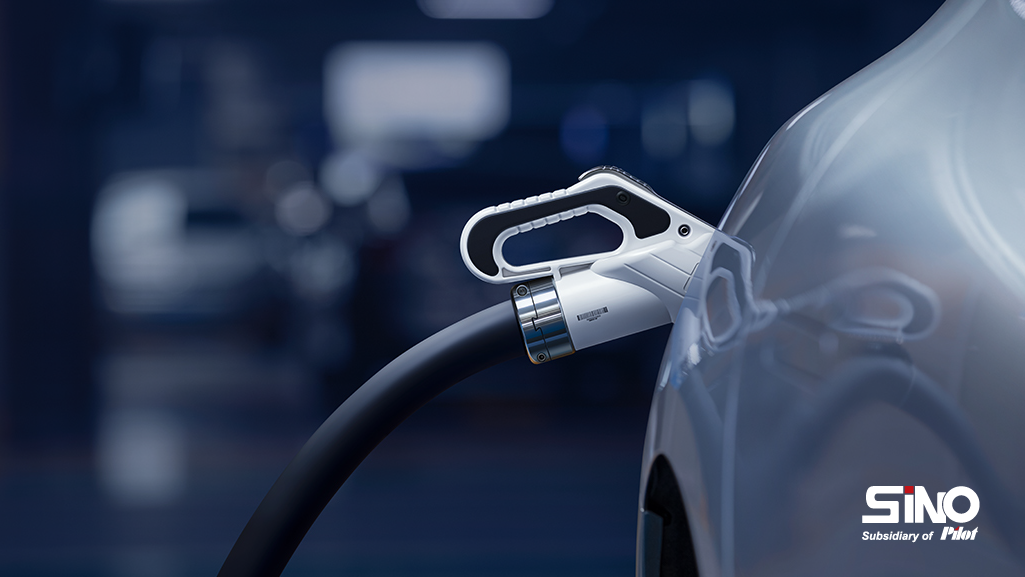
What the Research Says
Research on the long-term effects of DC fast charging on EV batteries is still ongoing. However, some studies have shown that frequent DC fast charging can lead to a faster decline in battery health. A study found that EVs that used DC fast charging more frequently had a slightly higher rate of battery capacity loss over time.
But it’s not all bad news. Modern EVs are designed to handle DC fast charging, and manufacturers are constantly improving battery technology and thermal management systems to mitigate these effects. For example, many EVs now come with advanced cooling systems that help keep the battery at an optimal temperature during fast charging, reducing the risk of heat-related damage.
Manufacturer Recommendations
Most EV manufacturers recommend using DC fast charging sparingly. They suggest using it mainly for long trips or when you’re in a hurry and need a quick charge. For daily charging, they often recommend using slower AC charging methods. This is because AC charging, while it takes longer for charging time, is gentler on the battery and can help extend its lifespan.
Manufacturers also typically provide guidelines on how often it’s safe to use DC fast charging. For example, some may recommend limiting it to once or twice a week, depending on the vehicle and battery type. It’s important to follow these recommendations to ensure the health and longevity of your EV’s battery.
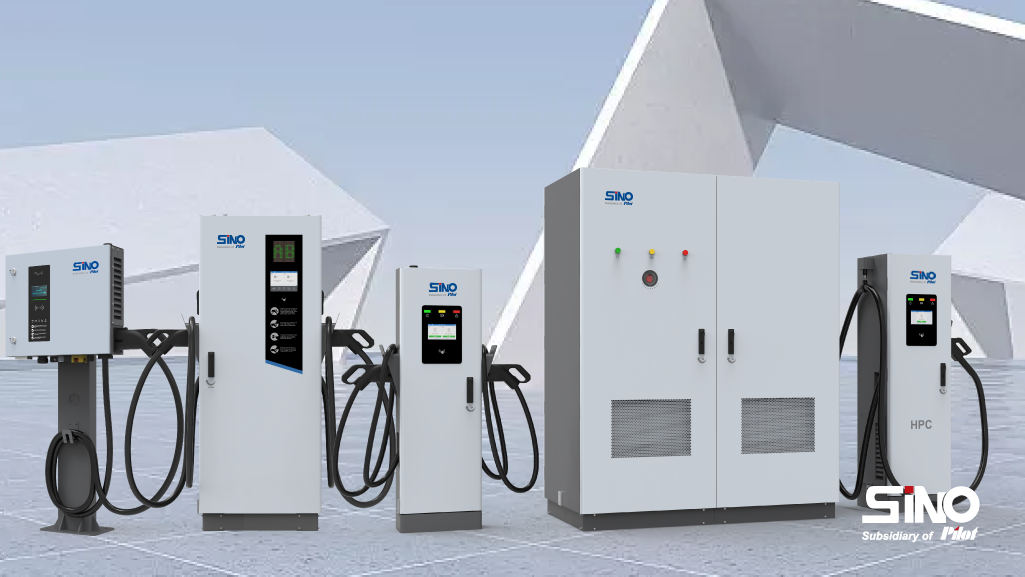
Tips for Minimizing Battery Damage
If you do need to use DC fast charging, there are some steps you can take to minimize the potential damage to your battery.
Limit Charging to 80%: Many experts recommend stopping the charge at 80% when you would like to use a DC fast charger. This is because the charging speed slows down significantly after 80%, and continuing to charge to 100% can put extra stress on the battery.
Avoid Extreme Temperatures: Try to avoid charging your EV with a DC fast charger when the battery is very hot or very cold. Extreme temperatures can increase the risk of battery damage during fast charging. If possible, wait until the battery has cooled down or warmed up to a more optimal temperature.
Keep an Eye on Battery Health: Regularly check your vehicle’s battery health indicator, if available. This can give you an idea of how well your battery is holding up over time and whether you may need to adjust your charging habits.
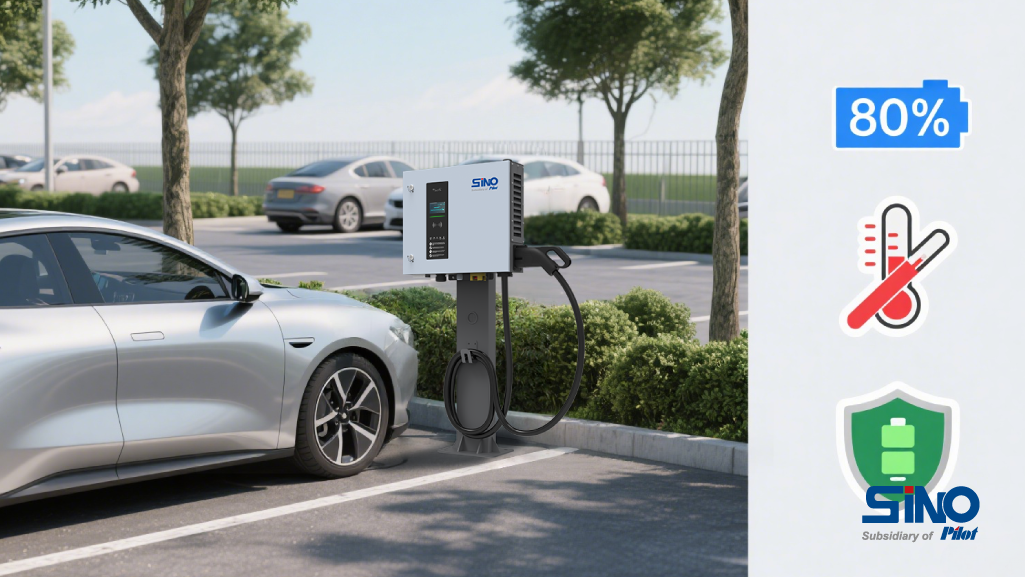
Conclusion
So, is it harmful to your EV battery when charging your EV with a DC fast charger? The answer is, it can be, but not necessarily. While it can generate more heat and stress on the battery, modern EVs are designed to handle it, and manufacturers are taking steps to minimize the potential damage.
By following manufacturer recommendations, using DC fast charging sparingly, and taking steps to minimize battery stress, you can enjoy the convenience of DC fast charging without significantly shortening the lifespan of your EV’s battery. As battery technology continues to improve, the impact of DC fast charging on battery health is likely to become even less of a concern.
FAQs:
Q1. Are newer EV batteries more resistant to DC fast charging damage?
A: Yes, advancements in battery technology (e.g., better thermal management, improved cell chemistry, and smarter charging algorithms) have made newer EVs more resilient to fast charging. Many modern models are designed for frequent fast charging without significant long-term harm, though occasional slower charging is still beneficial for battery health.
Q2. Can extreme temperatures make DC fast charging more harmful?
A: Extreme cold or heat can exacerbate the stress of DC fast charging. In very cold weather, batteries are less efficient, and fast charging can cause uneven cell heating. In hot weather, the added heat may strain the battery’s cooling system. Many EVs address this by preconditioning the battery (heating or cooling it) before fast charging, reducing potential damage.
Q3. Is there a difference in battery damage between different DC fast charger networks?
A: The impact on the battery depends more on the EV’s design (battery chemistry, thermal management) than the charger network itself. Most DC fast chargers operate within standard voltage and current ranges, but some networks are optimized for specific vehicle models, which can lead to more efficient, less stressful charging for those cars.
Q4. Will using DC fast chargers void my EV’s battery warranty?
A: No, using them as intended by following the manufacturer’s guidelines will not void your battery warranty. Most warranties cover battery degradation below a certain threshold (e.g., 70-80% capacity) for 8 to 10 years or 100,000+ miles, regardless of charging method—unless damage is caused by misuse (e.g., charging in extreme conditions without pre-conditioning).



